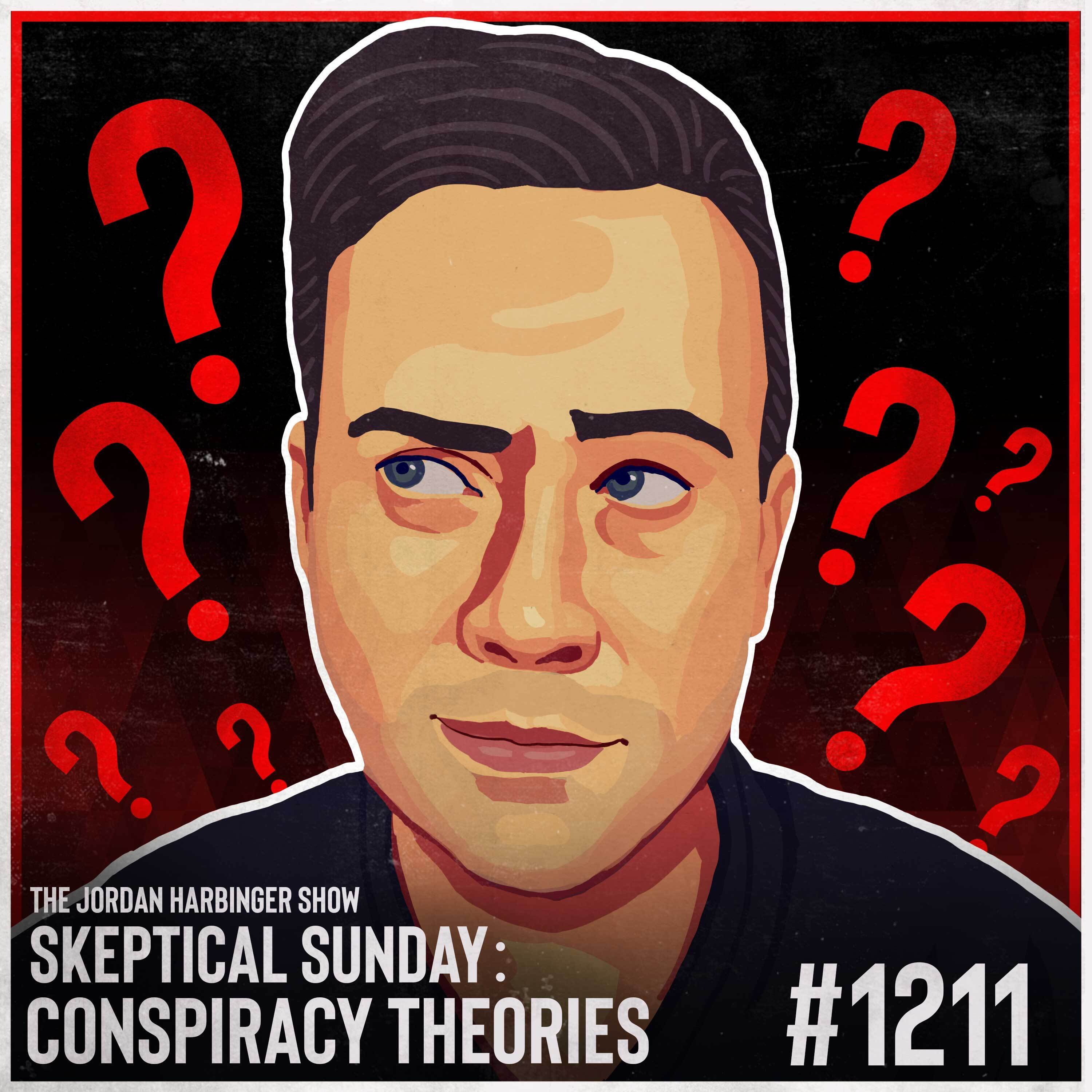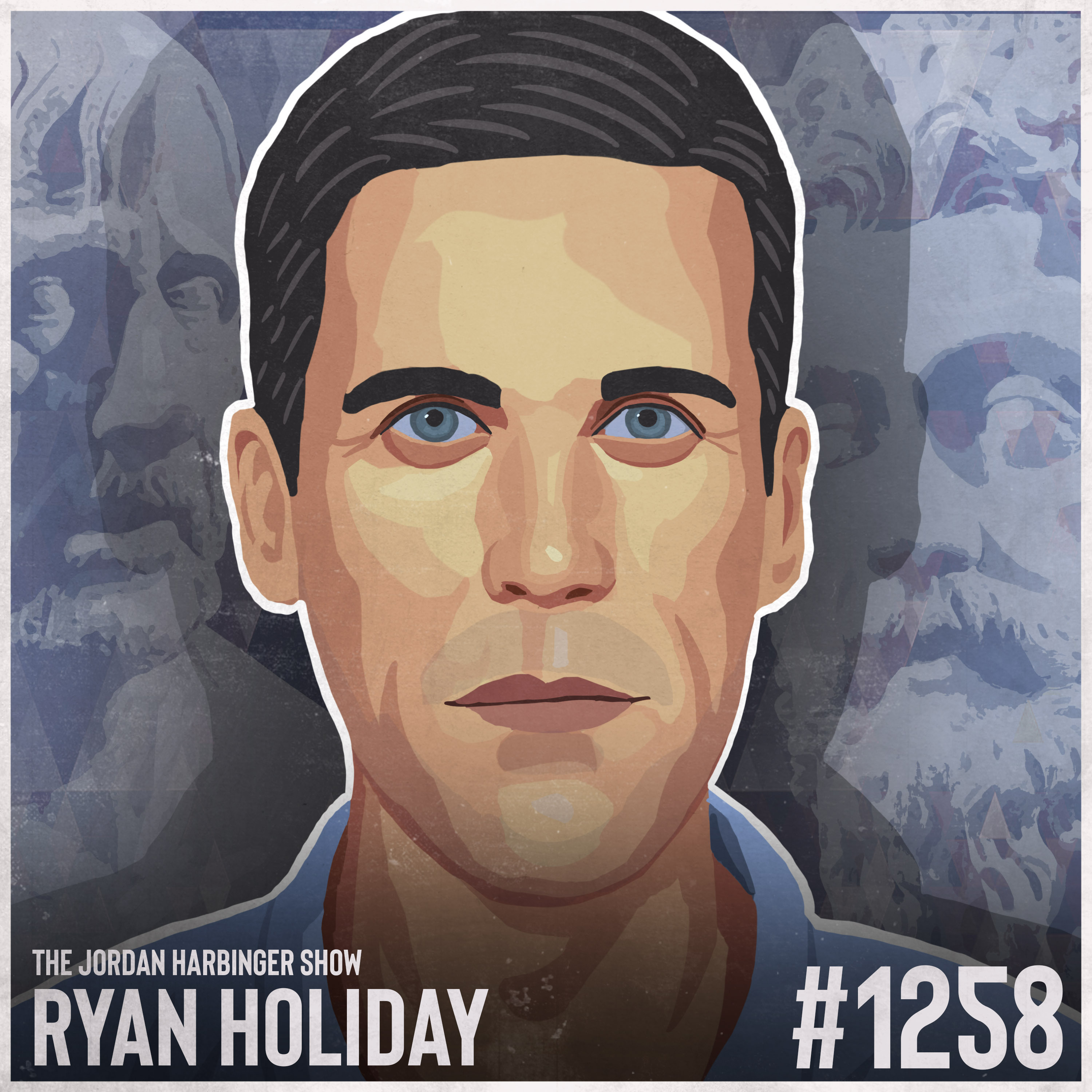1211: Conspiracy Theories | Skeptical Sunday
Former conspiracy believer turned skeptic Michael Regilio decodes why people fall for QAnon and flat Earth here on Skeptical Sunday!
Welcome to Skeptical Sunday, a special edition of The Jordan Harbinger Show where Jordan and a guest break down a topic that you may have never thought about, open things up, and debunk common misconceptions. This time around, we’re joined by skeptic, comedian, and podcaster Michael Regilio!
Full show notes and resources can be found here: jordanharbinger.com/1211
On This Week's Skeptical Sunday:
- From medieval blood libel to modern QAnon, conspiracy theories follow the same template: blaming "others" for society's problems through fear and tribalism.
- Brain chemistry drives beliefs. Higher dopamine levels and hyperactive pattern recognition make some people more susceptible to seeing conspiracies where none exist.
- Conspiracy theories destroy families, enable harassment (like Sandy Hook parents), and inspire violence — they're not harmless entertainment.
- Social needs fuel conspiracies. People believe because theories offer community, make them feel special/heroic, and provide simple answers to complex problems.
- Critical thinking is the antidote. Question sources, demand evidence, and remember — real truth doesn't need secret codes or special knowledge, just logic and humility.
- Connect with Jordan on Twitter, Instagram, and YouTube. If you have something you'd like us to tackle here on Skeptical Sunday, drop Jordan a line at jordan@jordanharbinger.com and let him know!
- Connect with Michael Regilio at Twitter, Instagram, Threads, and YouTube.
And if you're still game to support us, please leave a review here — even one sentence helps!
- Sign up for Six-Minute Networking — our free networking and relationship development mini course — at jordanharbinger.com/course!
- Subscribe to our once-a-week Wee Bit Wiser newsletter today and start filling your Wednesdays with wisdom!
- Do you even Reddit, bro? Join us at r/JordanHarbinger!
This Episode Is Brought To You By Our Fine Sponsors:
- ZipRecruiter: Learn more at ziprecruiter.com/jordan
- SimpliSafe Home Security: 50% off + 1st month free: simplisafe.com/jordan
- Quiltmind: Email jordanaudience@quiltmind.com to get started or visit quiltmind.com for more info
- Shopify: 3 months @ $1/month (select plans): shopify.com/jordan
- Homes.com: Find your home: homes.com
See Privacy Policy at https://art19.com/privacy and California Privacy Notice at https://art19.com/privacy#do-not-sell-my-info.
Press play and read along
Transcript
Transcript is processing—check back soon.





